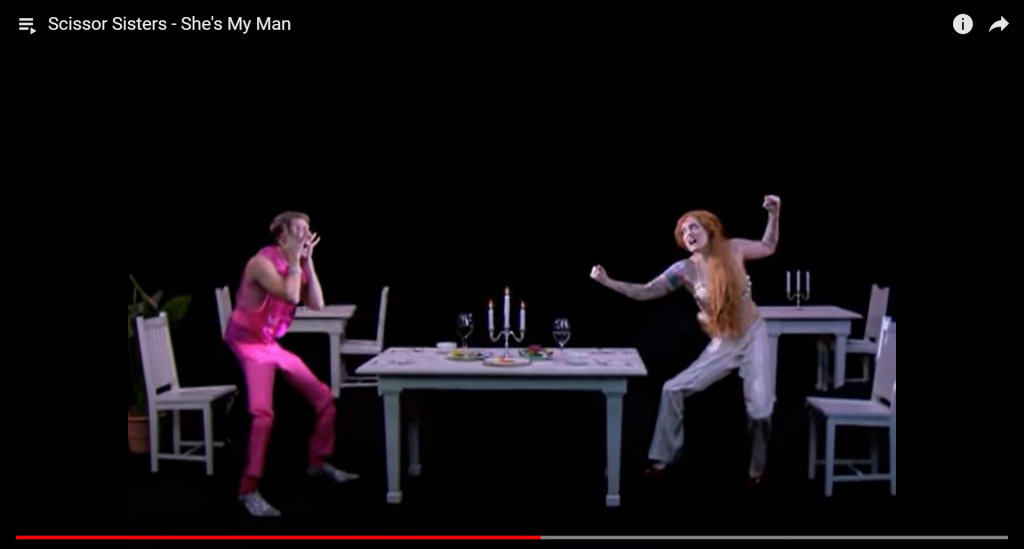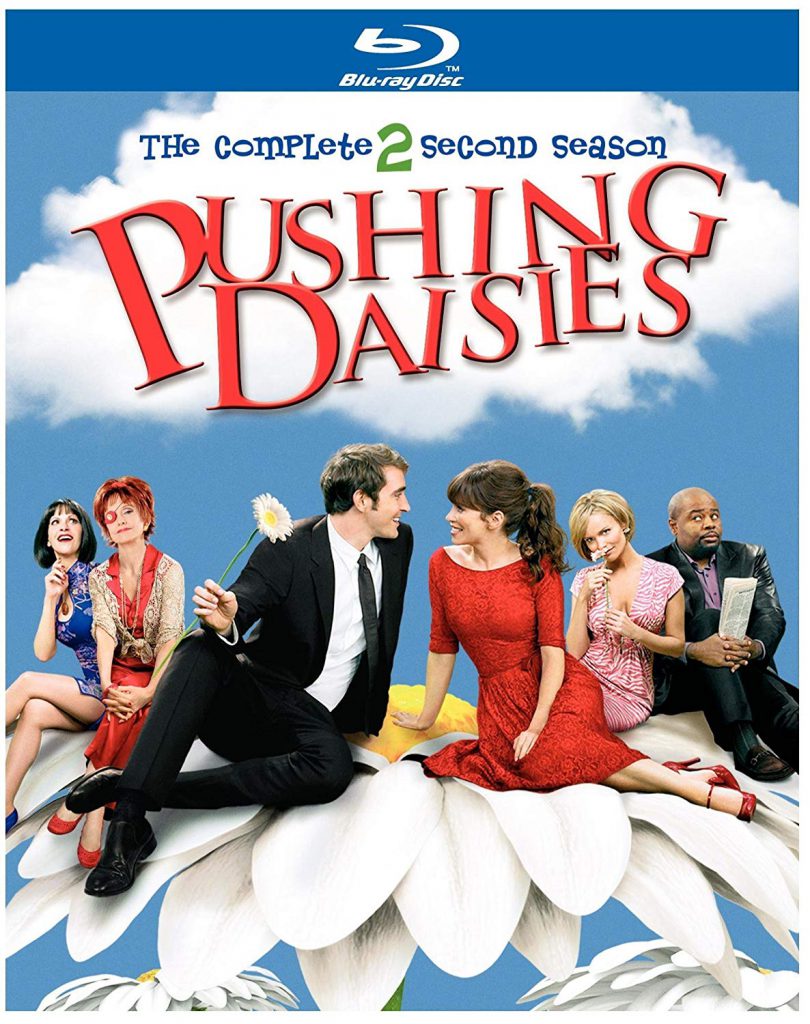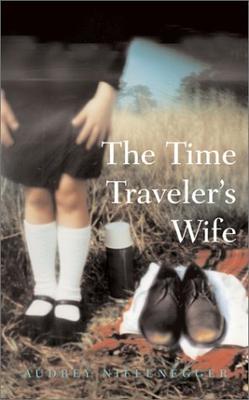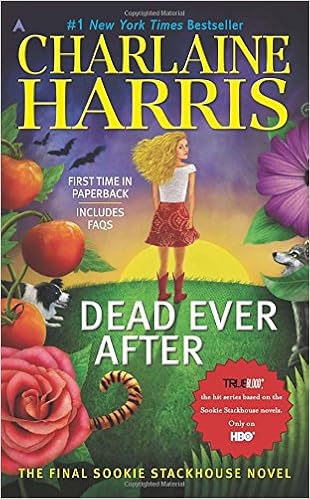When Benj comes home, I swear his hands are smaller than before, and thinned out in the spaces between the knuckles, the points of contact if someone were to lace their fingers with his. It’s a millimeter’s difference, maybe less, maybe half. But then, I’ve gotten used to these reduced units of measurement.
When I find the dust in the cuffs of his jacket, I’m sure.
Benj is thirty-four years old, has been in my life for two. He is reliable and even-tempered, a good listener, easy to love. Lots of people call him their rock. I called him that too, before I knew.
He says he can’t pinpoint when it started, his erosion. Of course, I know—watched the videos in grade-school earth science same as everyone—that it’s one of those things that happens gradually over a long period of time. Nothing out of the ordinary. Nothing, nothing. Then one day, in the foreign angle of a changing-room mirror, a deep gully down the center of his back from where the shower water hit for ten straight minutes every day since he was a boy.
I let my fingers hover over the gully, a flock of birds caught in the wind, but I don’t touch down. He is limestone, vulnerable. Soft sedimentary. I dare not contribute.
Meanwhile, Benj takes his eroding as a fact of life. Hereditary, his dad. When he shows me old family photos, I recognize it immediately. Limbs narrow around the bone from continuous exposure.
“The fuck is this?” is how I found out, turning to look over my shoulder at his bathroom mirror, wiping long streaks of gray-pink dust from the back of my dress. A little drunk, both of us. Hiccups. Laughter. We had been out dancing, still new then, and I had been showing off.
He told me. Answered my questions, met my incredulity with patience. Gradually, yes, like buttes and canyons and river valleys. But much faster than those. Proportional to his size. Wait, parabolically proportional. No, it doesn’t hurt.
Later, lying there next to him, I didn’t know what to believe—finding all parts of him just as they should be, warm and present and braced so sturdily, I thought, by blood like mine. I remember hooking my hand onto the ledge of his collar bone, my legs draped over his so irresponsibly.
I asked about his dimples.
“Au naturel,” he replied.
The words “naturally occurring” mean something different to Benj. So do the words “worn out.”
One thing that wears Benj out, the way most people mean: phone calls from his mother, who’s back in Kansas, tornado-proofing her now-too-big house and putting fresh flowers on Benj’s dad’s grave. She sprung for a granite headstone. Erosion resistant. Made to last.
I hear one end of their conversations:
“Ma, please. We’ve been over this a thousand times.”
“Yes.”
“I am.”
“I am.” His face screws up and he turns away, his voice dropping to a near-whisper.
“A suit of armor, Ma? Jesus. What year is it? Where would you even get something like that?”
“It’s limited for everyone. Everybody’s on their way out. What did Dad used to say? ‘As soon as a story starts, it’s already ending’?”
A long pause. He shakes his head.
“I’m sorry.”
“You’re right. I’m sorry.”
“I know.”
“Okay, but I’m not wearing the armor.”
“Okay.”
“Okay.”
He keeps the phone to his ear, waiting for her to hang up before he turns around.
I look up from whatever book I haven’t been reading and smile brightly, try to be easy, pretend I heard nothing, that me and his mom, we’re nothing alike.
I’m no geologist, but I’ve always had a head for formulas. There’s a logic to them. Follow the rules and you know things will come out all right. And sometimes I think I could sit down and do the math. Figure out, based on the progression to date, give or take, how much time we have left.
If I had more courage. And a good calculator.
If I wasn’t so afraid.
If I didn’t find myself, on windy days, positioning my body in front of his at the bus stop, a head shorter than him and in more ways than that an ineffective shield.
If he didn’t tickle the spot on my ankle that only he knows about. If I didn’t have to remind myself not to tickle him back. If he didn’t joke-not-joke that he’s made of weaker stuff.
The most common causes of erosion are: water, wind, glaciers, people.
Benj is social for someone who’d be better off if he wasn’t. We go to what feels like the same party every weekend—same people, same half-empty bowl of party mix on a fold-out table, combed through for the good stuff.
I chew the inside of my cheeks as he greets everyone individually: enthusiastic slaps on shoulders, special handshakes with intricate steps.
The ones who hug him bear-hug hard, and over time, this has left shallow depressions hidden by T-shirts, in the middle of his chest, the tops of his arms.
The ones who kiss him do it the French way, one cheek, then the other, and they are supposed to be air kisses, but now his face tapers above the jawline as if shaved away.
I’m the only one who observes the dust falling off Benj onto the discolored carpet, sucked up by a vacuum in the morning and no one the wiser. Of course they don’t see it. They aren’t the ones who bring him home.
Home, our apartment. Our shoes all mixed up together in the caddy by the front door, both our last names on the small laminated label on the mailbox downstairs. When we moved in, Benj insisted on a plus sign between our names, not a slash. Said that we should be an “and,” not an “or.”
Living with Benj is like living inside an hourglass, one of those two-minute timers you used to get at the dentist. The fine dust of him collects all around us, proof that he is, cell by cell, sloughing away. A sick gray tinged with pink: ground-down skin, muscle, bone.
Though he has learned to shower more carefully, with most of his body out of the stream, though he has trained himself not to roll around in his sleep, he still leaves it behind when he walks his most-traveled paths, from bed to fridge to computer chair and back again.
I wonder which room he’ll be in when the world, after shaping him for so long, decides he has had enough.
He thinks it’s morbid that I won’t get rid of it, that I sweep the dust into loose mounds in the corners of rooms. But what else am I supposed to do with something that’s part of him?
“You don’t throw out your loved ones’ ashes,” I argue.
“Sometimes you do. Actually, a lot of times you do.”
“Well, I don’t.”
“You would if the will said to.”
I roll my eyes. This is the thing I worry about most lately: wasting dwindling time on conversations we’ve already had.
“Doesn’t matter if I would or not. You’d be gone and who would check up on it anyway?”
He looks down. His eyelashes are crusted with dust and the beginnings of crying.
“I’m not dead yet, you know.”
My mind jumps to flat prairies transformed into basins, hiking passes carved into mountains by ice.
When Benj isn’t around, I go to the piles and make a bowl with my hands and scoop up the dust. I pretend I’m a gymnast reaching into a tub of chalk at a big meet. Pretend my team is counting on me, and the dust, it helps me with my grip.
Benj erodes fastest in the places touched most often, so I try not to touch the parts of him I’d like to stick around. The way the tip of his nose turns up at the very last second as if it’s been waiting to surprise you. The spot on his right earlobe where I swore I saw a freckle once, only Benj is no good at keeping freckles. As soon as he gets the right amount of sun, a rush of wind polishes them down.
Loving Benj is an exercise in restraint. He hates that I kiss him so gently, says what good will holding back do in the long run? I say it’s all about the long run. He says he doesn’t like this side of me, this just-like-everyone-elseness, this being more concerned with longevity than depth.
When he says “depth,” he presses his thumb against the gates of my teeth, daring me to open, let him in—and I’m a goner. I forget myself, grab hold of him desperately. There’s the all-too-real sensation of him slipping through my fingers.
The next morning, I slide my arms out of the fresh rills that cross his stomach. Notice the crumbling around the teeth marks on his neck.
But Benj hasn’t had fingerprints as long as I’ve known him. I can’t pretend the pads were worn down by me.
He tells me that we are more solid than ever, and not to conflate things. We are not what is deteriorating.
He tells me that he is grateful. That whatever time we have, for him, it is enough.
But I am greedy, greedy, greedy.
I want to put him in a glass box like they do in cemeteries with the stone busts of children, when the families do not want the likenesses to ever decay. At these times, when I am at my most selfish and delusional, I know I am the weak one between us.
Which is why, when the worst comes, I’m the one to crack.
Benj goes grocery shopping and tries to carry all the bags from the car in one go. The plastic handles sink inches into his forearms, cut through him like wire, almost clear through to the other side.
Afterwards, we stop going to the parties that are all the same. By now, his legs are so eroded and his back so concave, he finds it difficult to walk.
Then we develop bad coughs, as the piles of dust in the apartment grow steadily taller. We ignore the coughing for a while, blame it on something going around the building, until eventually Benj orders a reusable particle mask for me. Just the one, I notice. Not a pair.
Then Benj declares he’s going to the Archways.
The Archways is a national preserve a couple of states over in which Benj has previously expressed no interest. For one thing, it’s a full day’s drive. For another, it’s known for its sandstorms.
Now, Benj leaves the tourism website up on his computer all the time. The photographs show striated rock the color of sweet dried oranges. Hard-packed earth is punctuated by otherworldly formations: a natural bridge between two cliffs, spindly pedestals rising hundreds of feet like a giant’s game of Jenga. And the namesake arches, chiseled away over millennia and toothpick-delicate, forming open-mouthed O’s in the landscape, frames for whatever lies beyond.
“Do you know how many people die every day just commuting to work?”
This again. The particle mask hides my expression. “No. Do you?”
“All I’m saying is that the same people who refuse to get on airplanes, they’re the ones who’ll step out into the crosswalk one day at the wrong time and just—”
“I get it.”
“Do you?”
I recite so he doesn’t have to: “We’re all dying, one hundred percent of us, one hundred percent of the time. We’re dying from the day we’re born.”
He nods. “Listen. I need to have a say. With my dad, we assumed he had more time. He was still doing work on the house, picking up shifts at the yard. Freak dust devil got him. Little, unremarkable one too.”
I feel like I’m suffocating. Not sure if the mask’s too tight or it’s something else.
He grabs my hands firmly, and instinctively I shoot him a look of warning.
“I want you to come with me,” he says.
He told me it doesn’t hurt.
He was wrong.
I try to be tough, strong, metamorphic. The granite of a headstone, the diamond of a promise ring. As I drive, I stare at a fixed point on the horizon, certain that if I turn my gaze toward him, it will bore a hole right through. A frame for everything that lies beyond him—which, as far as I can tell, is nothing at all.
The car’s stuffy and too quiet as I try to figure what would do less harm: roll the windows down and let the air blow against him, or leave them up and risk the sweat dissolving wavy lines into his skin.
Doesn’t matter. Neither of us expects him to be in that passenger seat on the way back.
Even in the stillness, the dust of him swirls lightly, landing on my hair, his jeans, the lids of our sodas, empty chip bags in the footwell, the red buckle of his latched seatbelt.
I ask why he bothered with the seatbelt.
He takes his chance: “Hey, you think I have a death wish?” And though it’s not funny, it feels better on the other side of silence.
When we pull in, the view from the visitors’ lot is depressing. Back home, we have coverage, densely packed trees, important for minimizing erosion. Here, the vegetation is sparse and the way it doesn’t touch fills me with regret. Low shrubs spaced so far apart, you get the feeling they want nothing to do with each other.
The rock formations, though, are beautiful in person, in the way of things that were not made all at once with a singular vision but by many invisible hands unhurriedly over time.
Already, the wind is howling.
Then these things in quick succession: I put the car in park. The wind shakes it violently. Panic strikes me, knocks something loose.
“Stay,” I blurt out. I hate the beg in my voice, say it anyway: “Please. Stay.”
Through eyes blurring with tears, I think I can see his body responding. He is filling out at the edges, widening where he was narrow. Coming back to sense, to me.
When I blink, my vision clears and the brief burst of hope is gone.
In its place is Benj, looking sad but resolute. He pulls his shoes and socks off slowly, left then right foot, then tugs his T-shirt over his head. He’s not being careful now. As he pushes his jeans down, the denim drags and I watch the dust fall.
He folds his clothes methodically on the center console. When he’s done, he turns and finally looks me in the eye.
Benj leans over and kisses me so hard I have to reach up and check my lips, I’m so sure it’s a piece of me that’s broken away.
He takes a series of fast breaths: in, out, in, out, in—
Then he throws the door open and goes.
Immediately, the wind begins the vicious work of whittling him down. One gust, three fingers off his left hand. The next, a chunk of his thigh. Fragments of him strike the windshield like hail while I sit, frozen. A crack forms down the middle of the glass, the space between his seat and mine.
Has he always been this decisive, this stupid, this brave?
People change, of course. Imperceptibly, then plain as day.
I can’t watch, but can’t not watch either, am here to be here. So I force myself out of the car and race to Benj, as far as he has managed to get, running on thin limbs and his own conviction.
How quickly he dissolves as we walk together, sideways in the wind, to one of the larger arches. He points forward, onward, with the index finger of his good hand. The sandstorm comes from everywhere, stinging, and I don’t try to shelter him from its blows.
When we reach the base of the arch, a thought burrows into me, painful and invasive. It makes me think of some wedding backdrops I’ve seen: clean-smelling, flower-wrapped pagodas; a place for ceremony.
At first, Benj’s gray-pink dust stands out, pale against the surrounding red rock. Once the wind hits blood, though, I can’t tell the difference.
“It doesn’t hurt?” I ask-yell over the storm.
Close up, I can’t see the whole of him. Only brown eyes, a little less domed than mine, looking back at me without fear.
“Not the way you think!”
When the next gust shears off his smile, I think, finally, I know what he means.
How does it hurt? It hurts like wishing hard won’t help you. Like being good won’t help you. Like there is no formula: you could’ve behaved completely differently and still.
We are insignificant and seen mostly at the surface.
If we’re lucky, seen deeper by some.
The dust of Benj hits me sharp and sudden, mixed with sand, and quickly I am bleeding. I squeeze my eyes shut against it. I shout into the unfairness, though I knew it was coming, and I swear I can hear Benj shouting back, though the air is thick enough to blind and I’m sure he is mostly bodiless now. In my useless mouth I try to catch him, hold him there, an urn for my beloved. Try not to let him dissolve on my tongue. Something like safekeeping.
When I open my eyes again, unsure of how much time has passed, the air is unnervingly still. Would it really have been easier not to have known?
I am red-raw and pinpricked. Dust sticks in ornate patterns atop the wetness of my tears or sweat or blood, like glitter to glue on art projects when I was a kid, and it’s true: I feel decorated. I remember glitter being impossible to get rid of. I walk back to the car, thinking that later, I’ll have to pick out the particles with tweezers one by one.
Or maybe not.
Maybe let it get infected.
Maybe stay evidence, of how great an impact one person can have. How much of them you can then carry with you, embedded, a burial under the skin.
© 2021 by Kristina Ten
3000 words

Kristina Ten is a Russian-American writer with work in Lightspeed, Black Static, Weird Horror, AE Science Fiction, and elsewhere. She is a graduate of Clarion West Writers Workshop and a current MFA candidate at the University of Colorado Boulder, where she also teaches creative writing. You can find her at kristinaten.com and on Twitter as @kristina_ten.
If you enjoyed the story you might also want to visit our Support Page, or read the other story offerings.







 Dead Ever After is a romance/mystery/horror novel from 2013, the thirteenth and final book in the Sookie Stackhouse series of novels by Charlaine Harris (which is the basis of the HBO show True Blood). The previous books are all
Dead Ever After is a romance/mystery/horror novel from 2013, the thirteenth and final book in the Sookie Stackhouse series of novels by Charlaine Harris (which is the basis of the HBO show True Blood). The previous books are all  Deadlocked is a romance/mystery/horror novel from 2012, the twelfth in the Sookie Stackhouse series of novels by Charlaine Harris (which is the basis of the HBO show True Blood). The previous books are all
Deadlocked is a romance/mystery/horror novel from 2012, the twelfth in the Sookie Stackhouse series of novels by Charlaine Harris (which is the basis of the HBO show True Blood). The previous books are all _cover.jpg) Dead Reckoning is a romance/mystery/horror novel from 2011, the eleventh in the Sookie Stackhouse series of novels by Charlaine Harris (which is the basis of the HBO show True Blood). The previous books are all
Dead Reckoning is a romance/mystery/horror novel from 2011, the eleventh in the Sookie Stackhouse series of novels by Charlaine Harris (which is the basis of the HBO show True Blood). The previous books are all